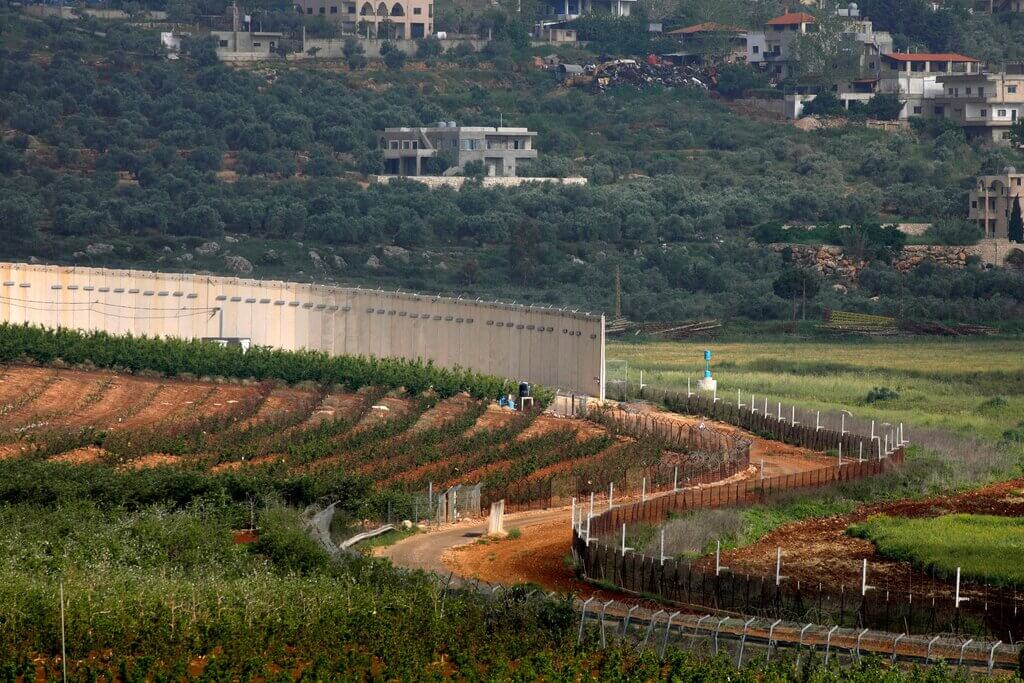The Israeli army fired several rounds of artillery into southern Lebanon on Tuesday in response to rockets fired by militants from Lebanon into Israeli territory. While no Lebanese faction has claimed responsibility for the attack, Israeli officials believe that the projectiles were launched by Palestinian militants based in Lebanon.
The Israeli Defence Forces (IDF) stated that two missiles were fired from Lebanon towards northern Israel. “One of the rockets was intercepted by the Iron Dome Aerial Defense System and the second rocket fell in an open area inside Israel,” the IDF tweeted, adding that the military was “prepared to defend Israel on all fronts.” No injuries or damage were reported.
The rocket attacks came hours after Israeli fighter jets bombed the Al-Safirah area of southern Aleppo in Syria, leading to concerns that Iran and Hezbollah may have been involved. However, there was no proof to suggest the Iranian-backed militia’s involvement. The Times of Israel mentioned that southern Lebanon is under the control of Hezbollah, making it unlikely that an attack would be carried out from the area without its approval.
1/2
— Israel Defense Forces (@IDF) July 20, 2021
“Lebanon is in the process of collapsing—a collapse Hezbollah has helped cause. But we do not intend to allow, as a result of this collapse, the rocket fire that happened this morning.” pic.twitter.com/QYHccCOKLl
IDF chief Aviv Kohavi warned Lebanon that Israel would retaliate against any attack from the country. Kohavi said, “We don’t intend to allow fire like there was early this morning toward northern communities. We will respond and attack, openly or covertly, to any violation of our sovereignty from Lebanon,” despite Lebanon’s economic and political crisis. Moreover, Israeli Prime Minister Naftali Bennett warned that terrorists launching rockets into Israel “will pay a painful price.” Bennett said that the ongoing crisis in Lebanon is “unfortunate, but we will not accept a spillover of the situation in Lebanon into Israel.” Bennett also blamed Iran and Hezbollah for leading Lebanon into a state of collapse.
Additionally, Defence Minister Benny Gantz said Lebanon was responsible for the attacks since it allows “terrorists to operate within its territory.” Gantz added that Israel “will not allow the social, political and economic crisis in Lebanon to turn into a security threat to Israel” and urged the international community to help restore stability in Lebanon.
Israel and Iran have been engaged in a proxy war for a long time, and both sides have clashed in Syria on numerous occasions since the start of the decade-old civil war. Israel has conducted about 1,000 airstrikes in Syria since the fight began over what it believes to be Iranian weapon shipments to Hezbollah.

